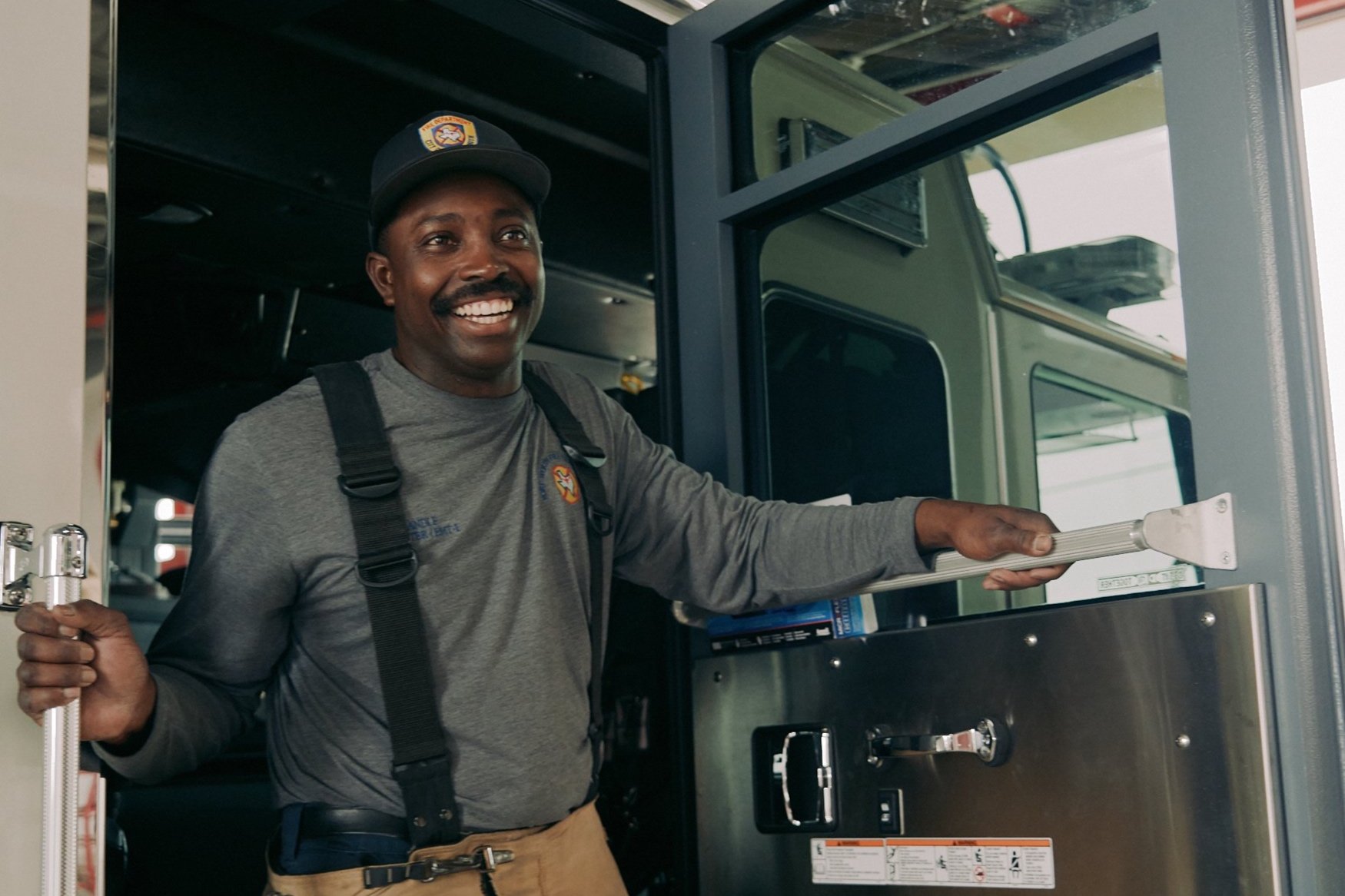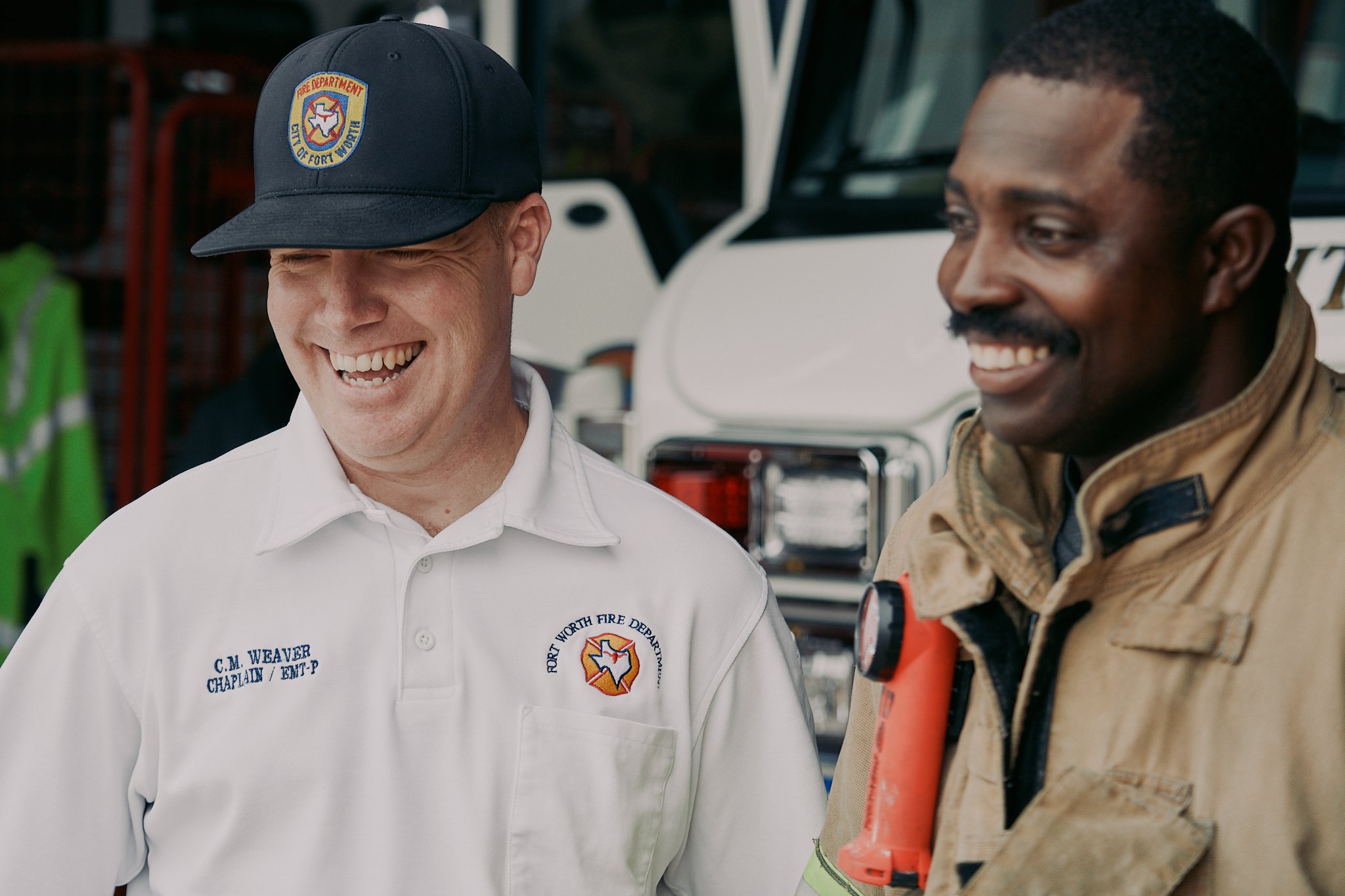
R3: RESPOND. RESTORE. RESOLVE.
Proactively Supporting the Mental Well-Being of our First Responders
R3: Respond, Restore, Resolve, is a comprehensive wellness and resiliency program designed to proactively address and heal moral injury.
“This program is perfect for first responders. It addresses the unique challenges we face.”
Brandon Randel — Fort Worth Fire
By changing the conversation surrounding mental health, R3 aims to eliminate stigma and enhance the department's capacity to serve its individuals more effectively.
This groundbreaking program provides paid training time, allowing first responders to choose from approved non-clinical resources for preventative care.
Key Objectives
-
By addressing moral injury proactively, we aim to prevent long-term consequences that often mirror post-traumatic stress disorder (PTSD) and other mental health issues. This will decrease the occurrence of critical incidents within the department and serve as a crucial bridge to accessing resources before reaching a point of irreversibility.
-
One of the critical components of the initiative is the removal of stigmas surrounding mental health in first responder communities. By providing a platform that encourages open dialogue and seeking help without judgment, first responders are empowered to prioritize their mental well-being.
-
R3 emphasizes non-clinical preventative care for moral injury. This approach provides support without labeling natural reasons to challenging situations as mental illness or disorders, fostering a more inclusive and supportive environment. By capitalizing on the concept of moral injury and classifying the use of resources as paid training time, we aim to further destigmatize mental health discussions and promote a culture of proactive care.
Program Components
-
Providing an array of easily accessible non-clinical resources for moral injury preventative care, empowers first responders to take charge of their well-being without the fear of judgment or repercussion.
-
Successful moral injury awareness campaigns within the departments and the broader civilian community are critical. Explaining moral injury, its negative impacts and available treatment options, will equip first responders with the tools to recognize, and treat moral injuries while educating and informing the population that our first responders serve.
-
Equipping peer support networks within departments will encourage open communication and shared experiences, fostering a sense of camaraderie and understanding. This will aid in normalizing the utilization of wellness resources.





